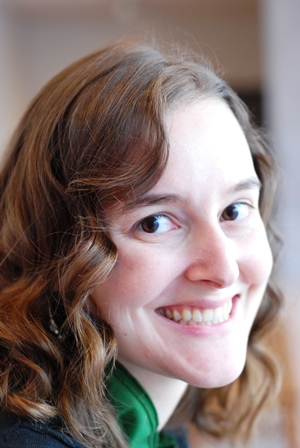The Crown
Happily checking out the Netflix-produced series
To be perfectly honest, The Crown had me at “an inside look at the early reign of Queen Elizabeth II.” I’m such an Anglophile and history buff that this show could have been a shoddily produced back-lot project and I probably would have watched. I’m saying all of this so you’ll take this review with about a heart attack’s worth of sodium.
One also has to wonder what the Queen herself thinks about all this. Series creator Peter Morgan told Variety this past July that the royal family has had no involvement in the project.
Luckily for me, The Crown is a beautiful, expensive, intelligently produced, award-winning drama that has been such a hit they’re in talks to add four more seasons. Its focus on postwar Britain (a period of the last three hundred years of British history I know little about) is like glaze on a freshly baked donut. Gimme. You people are lucky this lifelong Anglophile has a plain ole American husband who can provide the necessary check to her enthusiasm for costume dramas.
At its heart, this Netflix-produced series is about the nebulous role of the monarch in modern England, the subtle stresses and intrigues behind closed drapery, and the family at the heart of so much attention. This is not—alas for my husband and probably many other people—a high-stakes show. It’s not life-and-death stuff, nor is it even about a monarch with authority to rule. Thus some of the subplots (e.g., Will the queen’s children have her name, Windsor, or her husband’s name, Mountbatten?) will seem ridiculously small potatoes to some viewers. As a woman, I found the new Queen’s yearning to be a “normal woman with a happy marriage” compelling, especially when all she wants is to give her children her husband’s last name. This is Not Cool according to the older royals and the government, headed by a crotchety old Winston Churchill, who many believe is no longer fit to be prime minister. The ministers’ hissy fit over the name issue had my husband completely uninterested in watching the next episode for several days.
But there is so much more at play in The Crown (the death of Elizabeth’s father; the Great Smog of 1952 that killed thousands), plus Claire Foy, the actress playing Elizabeth, is magnificent. She perfectly captures both the hesitance of a new queen and the nascent backbone of royalty, threading it all with a touch of social awkwardness (perhaps inherited from her father, George VI, of The King’s Speech fame) that makes the queen a surprisingly relatable character. I would never have cast John Lithgow as Winston Churchill, but he has sufficiently won me over. Perhaps my favorite performance, however, has been Eileen Atkins as Elizabeth’s grandmother, Queen Mary, who combines centuries of old-world aristocracy with pithy old-lady honesty.
There appear to be ambitious plans to continue the series through later phases of Queen Elizabeth II’s reign, including much speculation over the Diana years and how close to the bone the series will hew through those difficult times. One also has to wonder what the Queen herself thinks about all this. Series creator Peter Morgan told Variety this past July that the royal family has had no involvement in the project, but they are “very nervous and very excited. . . . I think they don’t like not having control, but they also understand that [a series] dealing with this subject with respect is a rare thing. These are people who are not used to being taken seriously.”
Whether or not they should be taken seriously might depend on your perspective, but for me, I find them fascinating, and the Queen in her balancing act—mother, wife, and head of state with responsibilities but no power except what she can cleverly maneuver—most interesting of all.
I’d rate The Crown PG-13 for a few rather gratuitous nude shots of Matt Smith’s bare backside (he plays the queen’s husband, Philip), as well as some heated exchanges between Princess Margaret and her lover, but most of the series is PG fare.
All reviews express the opinions of the reviewer, not necessarily the views of Third Way.




